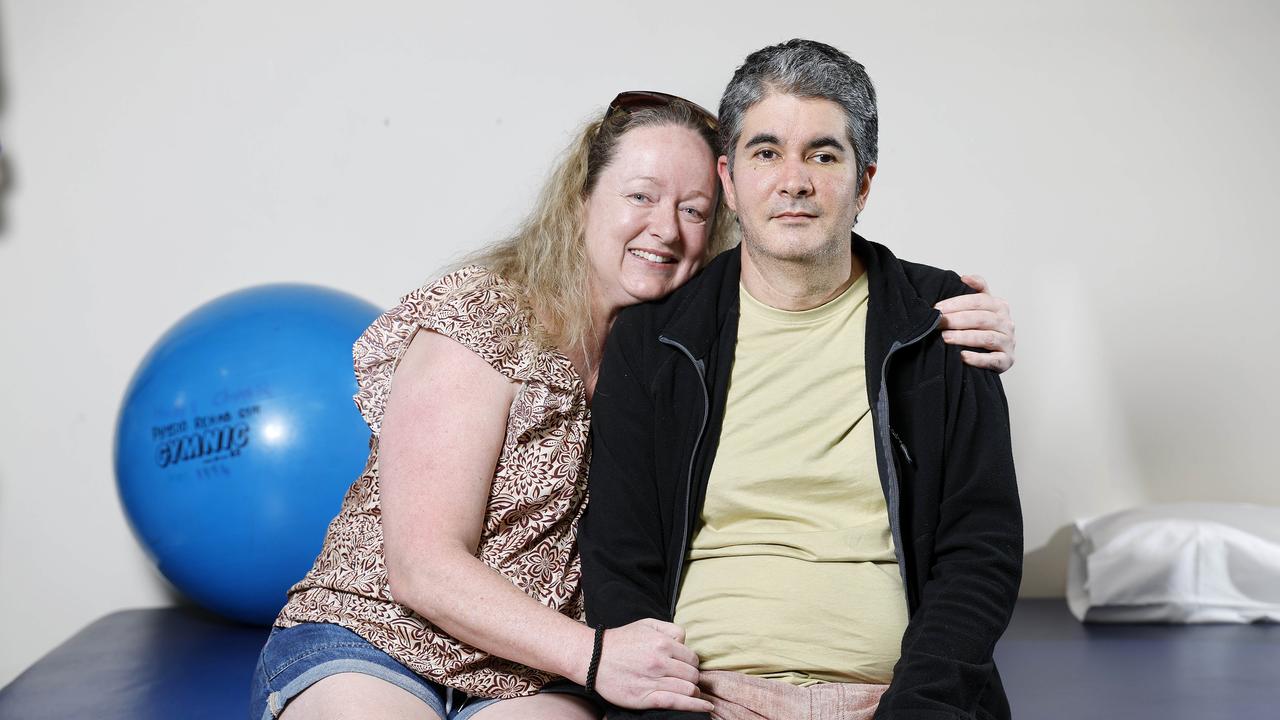Trump tariffs: Qld beef in strong position despite looming trade war
Beef industry representatives remain optimistic despite the Trump administration’s tariffs, while warning the full impact is not yet known.
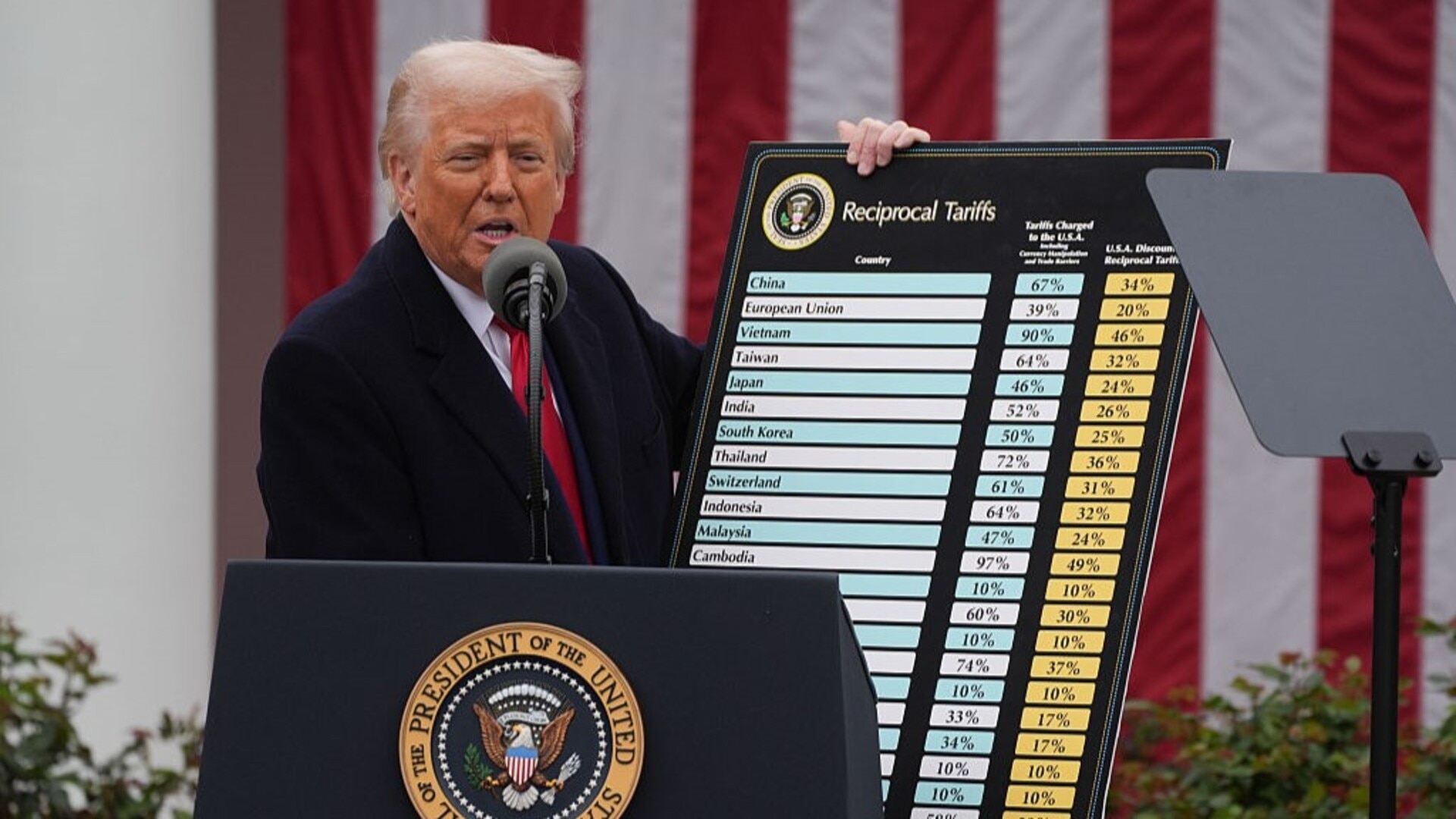
QLD News
Don't miss out on the headlines from QLD News. Followed categories will be added to My News.
Fast-food-loving Americans will pay the price of Donald Trump’s tariffs, with experts warning Queensland’s beef is in such high demand that the US simply can’t do without it.
The optimism from peak bodies including Cattle Australia and the Red Meat Advisory Council will bring relief to Queensland’s multibillion-dollar cattle and beef processing industry as the US does away with free trade rules.
But they also warn the full impact of the tariffs are not yet known, with the state government also seeking to assure producers that Queensland will look to other countries to export its beef goods.
Queensland is Australia’s largest beef processing jurisdiction, with the state exporting $2.15bn of agriculture – most of it livestock and livestock products – to the US in the 2024 financial year according to government figures.
That’s more than double what Queensland was exporting to the US in 2019.
Most of that meat is “lean trim” – which is blended with American produced “fatty trim” – used to make hamburger patties for fast-food behemoths such as McDonald’s and Burger King.
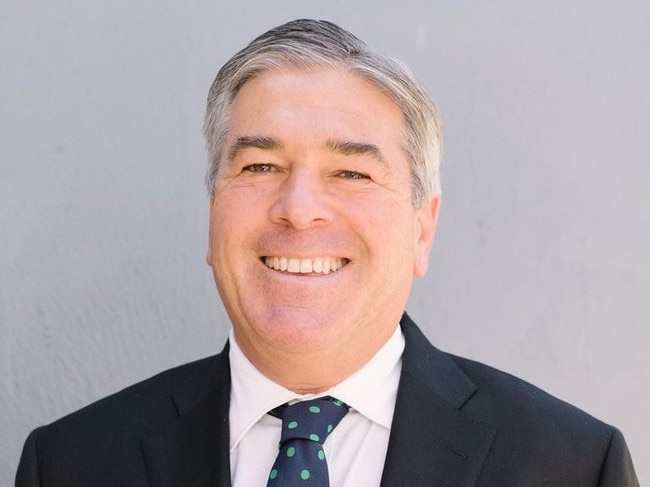
And the US cattle industry could not meet local demand, with the country’s herd at its lowest levels in 70 years, Red Meat Advisory Council chairman John McKillop said.
“They’re still going to have to get their lean trim from somewhere. And the only good news we take out of that is that all our competitors are subject to at least the same tariff, if not more,” he said.
“It makes us that more competitive to us than it was the week before … and the US domestic supplier don’t have the product to supply, so it’s hard to see it doing anything other than pushing up the price of food in the US, and that it’s going to ultimately fall on the consumer.”
Mr Trump slapped a 10 per cent tariff on most Australian imports as part of his “Liberation Day” announcement, in a move that has frustrated the nation’s political leaders and industry heads for its disregard of free trade agreements.
Cattle Australia deputy chair Adam Coffey, who also runs a beef breeding operation in Central Queensland, said the tariffs did not “make a whole lot of sense” for the US.
He said the industry had handled lumps and bumps in global trade and was adept at rolling with the punches.
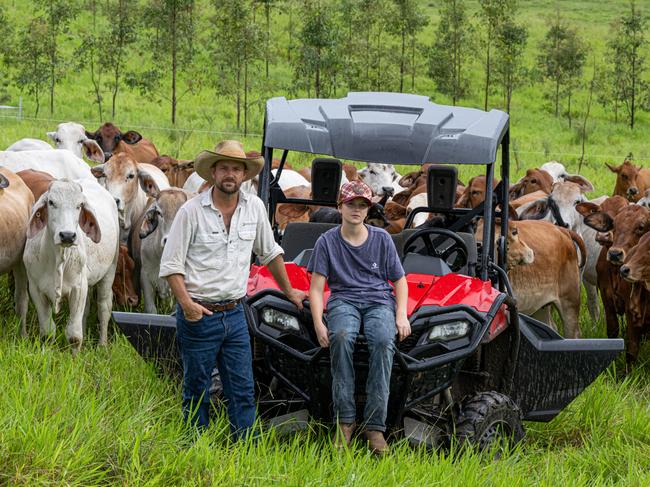
“The industry has invested a lot of money and resources in ensuring that we have arguably the best market diversification of any beef exporter in the world,” Mr Coffey said.
Primary Resources Minister Tony Perrett, in the immediate aftermath of Mr Trump’s tariff edict, announced the state government would work with farmers, industry representatives and federal counterparts to protect the beef industry.
“Australian agriculture has been on the receiving end of abrupt geopolitical decisions that are not in our best interests in the past and we have always found a way through,” he said.
Graziers said recent weather disasters would affect the price of cattle and beef more than Mr Trump’s tariffs.
Jeff Brookes, of St Athan Pastoral Co in the Darling Downs, said everything would come “unstuck” for Mr Trump once the US President realised “he has increased the price of beef for mainstream American consumers, who are his base”.
Brigodoon Cattle Company owner Bill Speed slammed Mr Trump as “greedy”.
“I think it’s just a childish way for him to go about it; he really suffers from foot in mouth disease,” he said.
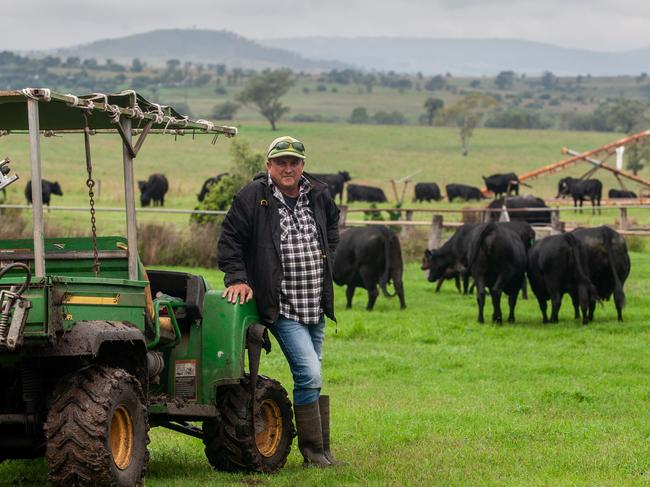
Mr Speed’s Retreat Station is between Jundah and Windorah, with early estimates putting flood-related stock losses at 1000 head of cattle – though there is likely to be more.
Mr Trump singled out Australia’s restrictions on beef imports, in place since mad cow disease scares more than two decades ago, in his “Liberation Day” speech.
“Australia bans – and they’re wonderful people, wonderful everything – but they ban American beef,” he said.
But Cattle Australia’s Mr Coffey and RMAC’s Mr McKillop said the claim of a “ban” was false, and it was simply a case of the US being unable or unwilling to meet Australia’s biosecurity requirements of tracking an animal from when it is born to when it is slaughtered.
Prime Minister Anthony Albanese said Mr Trump’s actions were not those of a “friend” and a true reciprocal tax on Australia would have been “zero” as there were no tariffs on US goods.
Opposition Leader Peter Dutton said if elected, he would “leverage” the defence industry and critical minerals in future talks with Mr Trump.
More than $55bn was wiped off the Australian Stock Exchange as the tariffs, kicking in April 9, were announced.
Australia’s biggest exports to the US are worth about $7bn, which includes about $2.5bn worth of frozen beef exports, $359m in wine and $205m in timber products.
Originally published as Trump tariffs: Qld beef in strong position despite looming trade war

